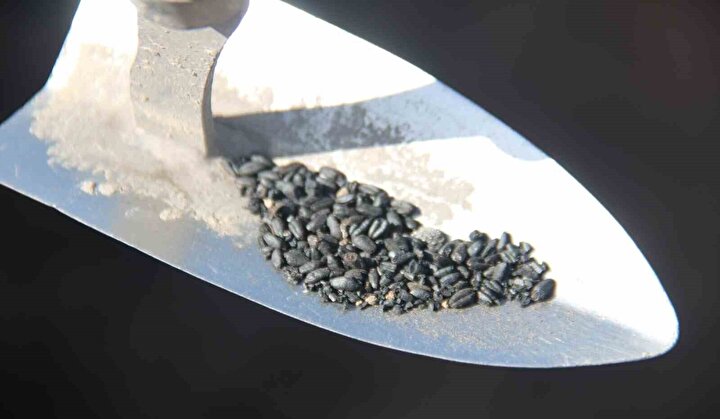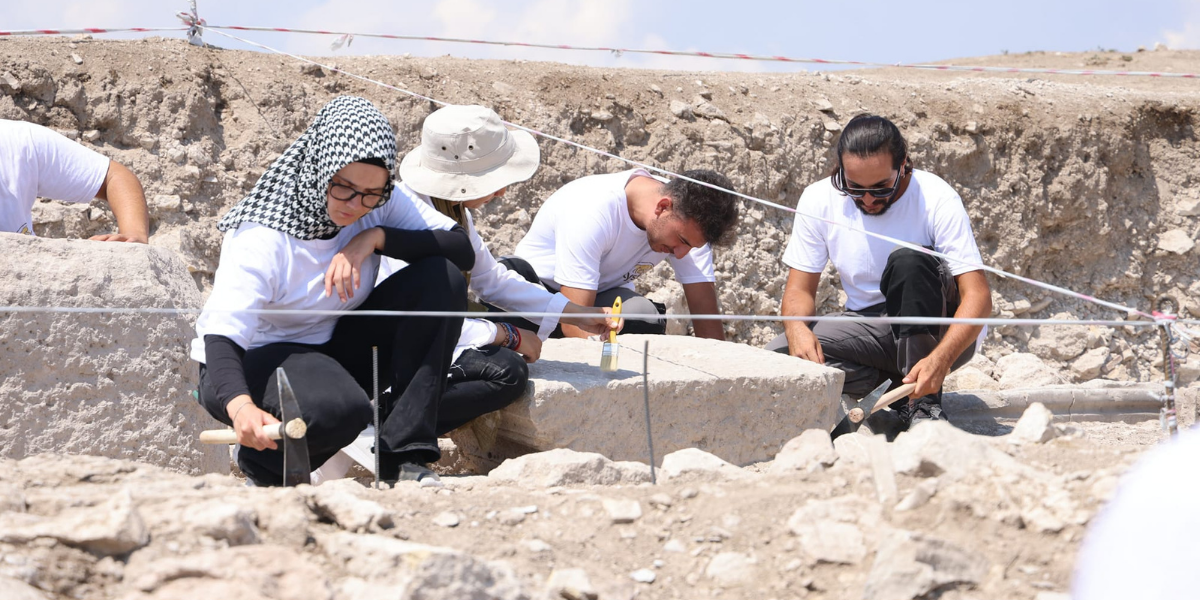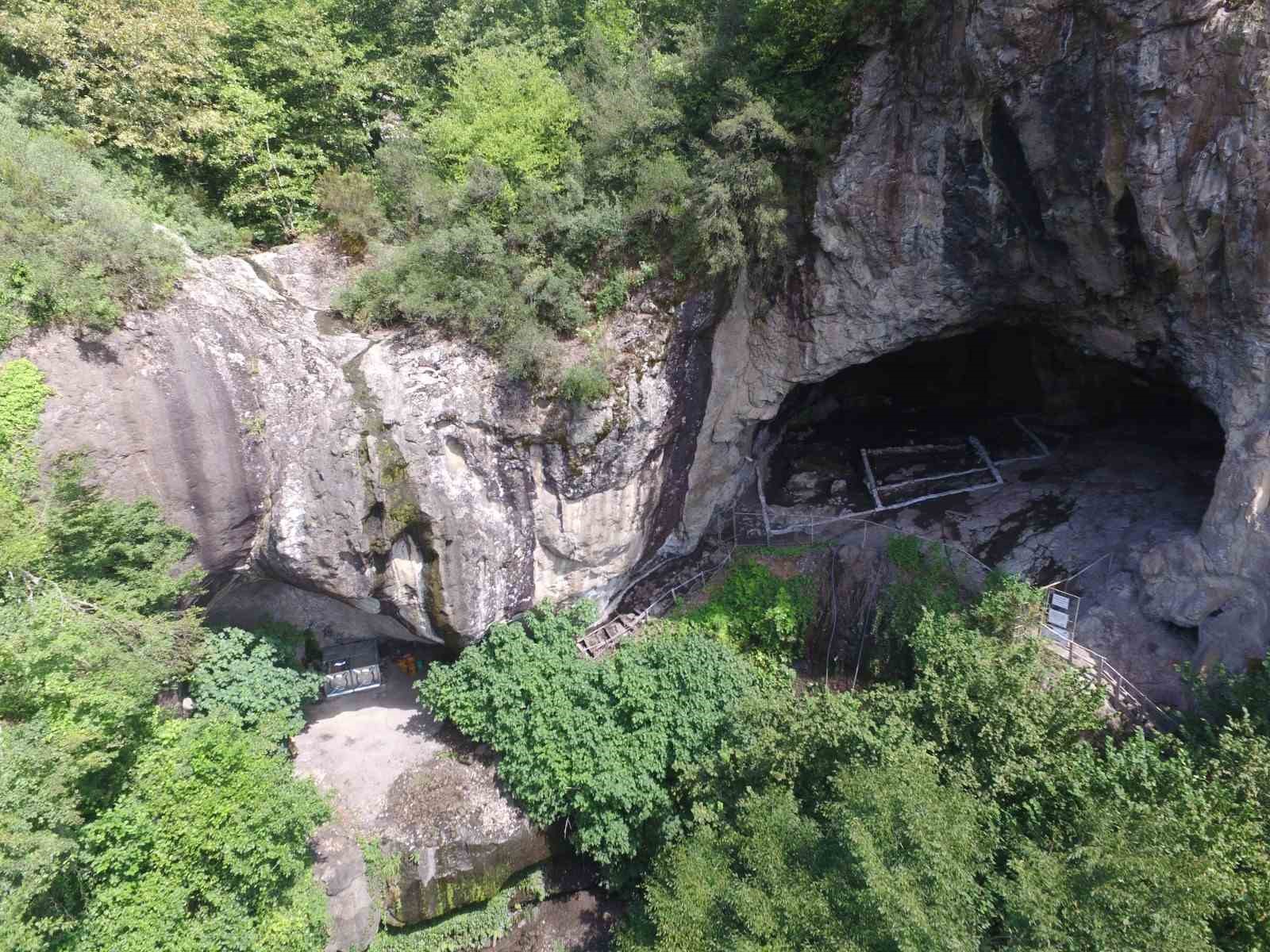Various wheat grains that are 4200 years old were unearthed in Kültepe, located in the province of Kayseri, Türkiye.
Kültepe is an archaeological site that was the center of the Assyrian trade colony (karum in Assyrian) in the Early Bronze Age.
The cuneiform clay tablets excavated in Kültepe dating back to the 20th and 19th centuries BC shed light on Anatolian history.
The excavations in Kültepe are ongoing under the leadership of Professor Dr. Fikri Kulakoğlu.
Wheat grains were found in a pit during the excavations at Kültepe-Kaniş-Karum Archaeological Site.

Professor Dr. Fikri Kulakoğlu stated, “Not just one type, but multiple varieties of charred wheat have been discovered. Of course, after laboratory analysis, information about their types, ages, and their intended use will be revealed,”
Kulakoğlu stated, “During the excavations in 2023, we uncovered a pit where grains were placed. This pit is approximately dated to 4,200 years ago from today. We had previously come across wheat remnants inside containers, but finding them on such a large scale was a surprise for us. Normally, they don’t turn into charcoal unless exposed to heat, but there are no signs of fire inside this pit. We are investigating that aspect. Paleobotanists are working on this issue. After their studies are completed, we will be able to provide more detailed information,”
Cover Photo IHA




